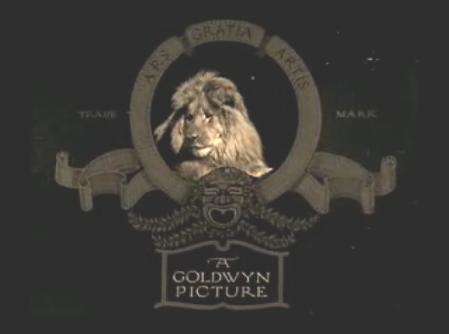The Patently Apple Blog informs us that Apple has sought to register a federal trademark for the distinctive chord that one hears whenever a Mac boots up:
 |
| The Mac Chime |
A sound trademark is protectable. According to the United States Trademark Office, a sound mark "identifies and distinguishes a product or service through audio rather than visual means." Examples include: (1) a series of tones or musical notes with or without words; and (2) wording accompanied by music.
The legal test to determine whether such a sound can properly serve as a trademark "depends on [the] aural perception of the listener which may be as fleeting as the sound itself unless, of course, the sound is so inherently different or distinctive that it attaches to the subliminal mind of the listener to be awakened when heard and to be associated with the source or event with which it struck."
This wordy test was articulated by the US Trademark Trial and Appeal Board when General Electric sought to trademark the timed toll of a ship's bell clock in the 1970's.
Many companies have been successful in registering distinctive sounds as non-traditional trademarks: MGM and its famous lion's roar; the triple NBC chimes; Intel and its three-second chord sequence used with the Pentium processor; and THX and its "Deep Note."
Other interesting sound trademarks include the Mister Softee ice cream truck jingle, and the buzz of a Star Wars lightsaber, specifically described as "the sound of an oscillating humming buzz created by combining feedback from a microphone with a projector motor sound."
But not all sound trademarks are so easily registered. Harley-Davidson attempted to register the specific "chug" of a Harley Davidson motorcycle engine as a trademark.
Nine of Harley Davidson's competitors, including Kawasaki and Honda, quickly filed oppositions against the motorcycle manufacture application, arguing that cruiser-style motorcycles of various brands use the same crankpin V-twin engine that produces the same exact sound. The competitors vehemently argued that the doctrine of utilitarian functionality prohibited such a trademark. After six long years of litigation, Harley Davidson withdrew its application.


